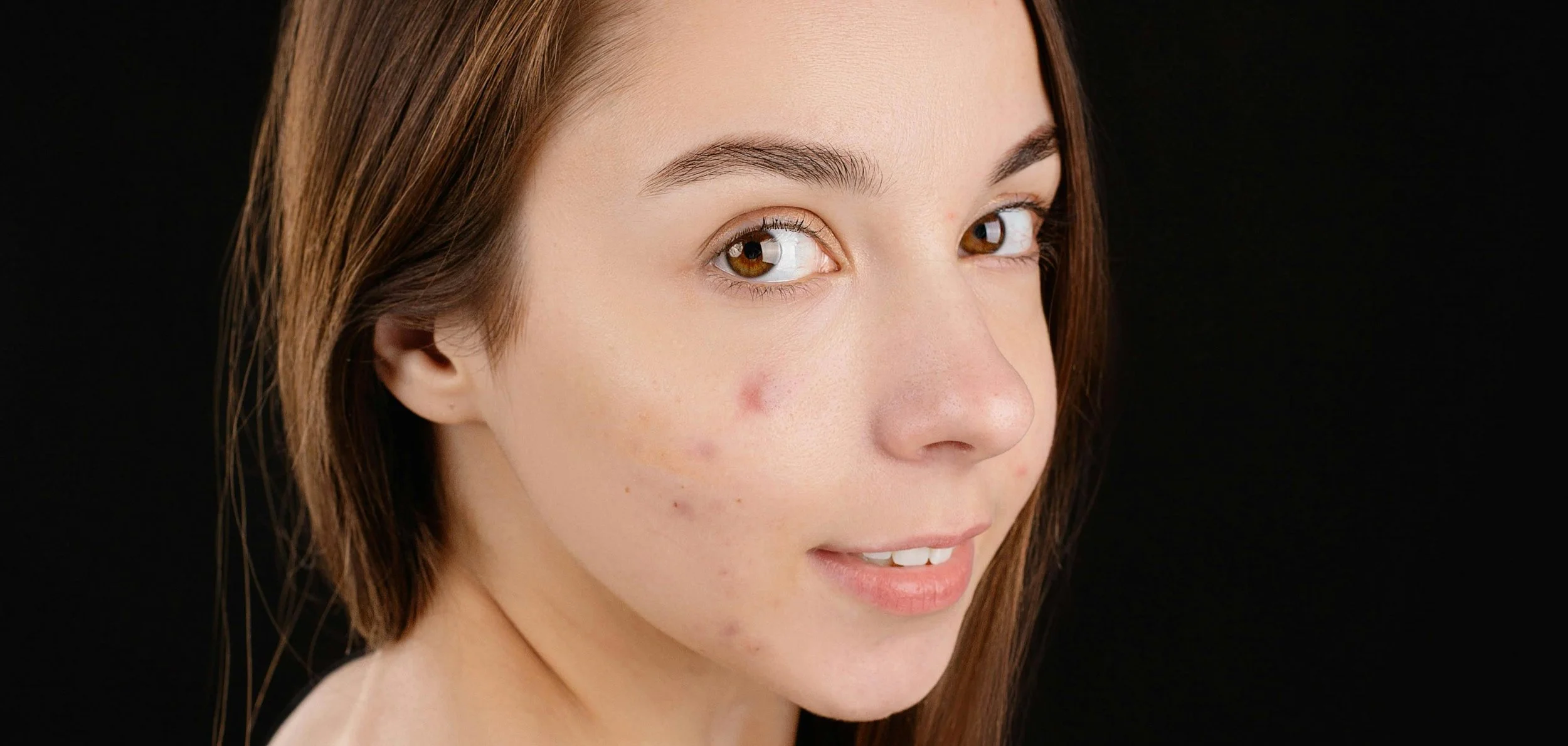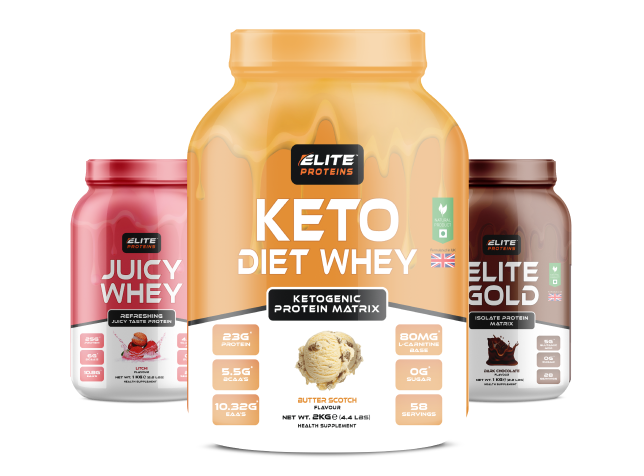Does Whey Protein Cause Acne? 7 Shocking Truths Backed by Science

If you’ve been hitting the gym and drinking whey protein shakes, you might have noticed an unwelcome guest—acne. Many fitness enthusiasts and athletes have wondered, “Does whey protein cause acne?” The short answer is it can contribute to acne in some people, but the full story is more nuanced. We’ll break it down scientifically and practically.
What Is Whey Protein?
Whey protein is a complete, high-quality protein separated from milk during the cheese-making process. It’s rich in essential amino acids and is absorbed quickly by the body, which makes it one of the most popular supplements for muscle growth, recovery, and performance.
There are mainly two types:
- Whey Concentrate: Contains small amounts of fats and lactose.
- Whey Isolate: Has most fats and lactose removed, offering a purer protein source.
How Whey Protein Might Cause Acne
Several studies and dermatologists have linked dairy and whey protein consumption to acne development, but the mechanism is not straightforward. Here’s how whey may trigger breakouts:
1. Increases in Insulin and IGF-1 Levels
Whey protein can raise insulin and insulin-like growth factor-1 (IGF-1) levels in the blood. Elevated insulin and IGF-1 promote the production of sebum (skin oil) and increase skin cell turnover, both of which can clog pores and lead to acne.
A 2013 study published in Dermato-Endocrinology found that diets high in milk and whey protein could increase IGF-1 levels, which are associated with acne flare-ups.
2. Hormonal Effects of Dairy
Even though whey protein is filtered, it still contains traces of dairy hormones like androgens and other precursors to testosterone. These hormones can stimulate sebaceous glands, leading to more oil and potential breakouts—especially in people already prone to acne.
A 2019 study in Clinical Nutrition found a strong correlation between dairy intake and acne severity among adolescents and adults.
3. Inflammation and Gut Health
For some, whey protein—particularly whey concentrate—may cause mild digestive distress or inflammation due to lactose intolerance or sensitivity. This internal inflammation can reflect on the skin, contributing to inflammatory acne.
Your gut-skin axis plays a big role: when the gut is inflamed or unbalanced, it can trigger skin inflammation and breakouts.
Does Everyone Get Acne from Whey Protein?
No—not everyone will experience acne from whey. Genetics, diet, hormone levels, and skincare routines all play major roles. Some people can consume whey protein daily without a single pimple, while others may see breakouts within a week.
The key is to understand your body and pay attention to how your skin reacts when you add or remove whey from your diet.
How to Prevent Acne While Using Whey Protein
If you love the results of whey but hate the breakouts, here are smart ways to manage it:
- Choose Whey Isolate Over Concentrate: Whey isolate has less lactose and fat, which can reduce acne-triggering compounds. It’s also easier on digestion. Look for grass-fed, cold-processed whey isolate for cleaner quality.
- Maintain a Low-Glycemic Diet: Avoid pairing whey shakes with sugary foods. High-glycemic diets spike insulin, worsening acne. Combine whey with fiber-rich foods like oats, berries, or nut butter instead.
- Stay Hydrated and Cleanse Post-Workout: Sweat, oil, and bacteria after workouts can worsen acne. Always shower and cleanse your face after gym sessions.
- Try Plant-Based Alternatives: If acne persists, switch to plant-based proteins such as pea, brown rice, or soy protein. Many users find these gentler on their skin and gut.
- Support Gut Health: Add probiotics and fiber-rich foods to your diet to support digestion and balance inflammation.
What Science Says: Key Studies
- Jung et al., 2013, Dermato-Endocrinology: High dairy and whey intake associated with increased IGF-1 and acne prevalence.
- Adebamowo et al., 2019, Clinical Nutrition: Found a correlation between dairy consumption and acne in both men and women.
- Ulvestad et al., 2020, Journal of the American Academy of Dermatology: Reported that athletes using whey supplements had a higher risk of acne outbreaks.
Conclusion: Does Whey Protein Cause Acne?
Whey protein doesn’t single-handedly cause acne, but it can contribute to breakouts in individuals who are hormonally sensitive or prone to acne. The best approach is to listen to your skin, experiment with different protein types, and make sure the rest of your diet supports hormonal balance and gut health.
If you suspect whey is the culprit, try eliminating it for a few weeks—your skin will tell you the truth.
Ready to find a protein that works for you? Check out our selection of high-quality whey protein powders: Elite Proteins Whey Protein Powder.

